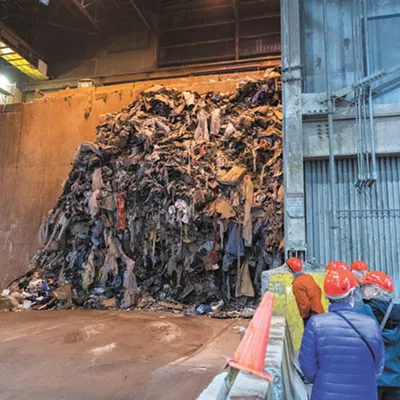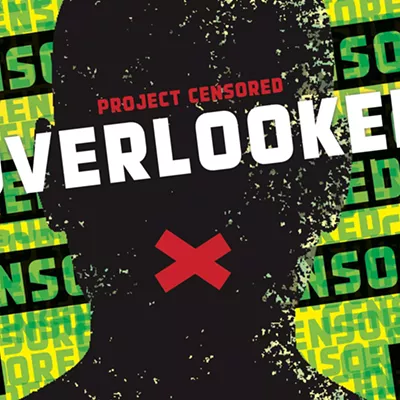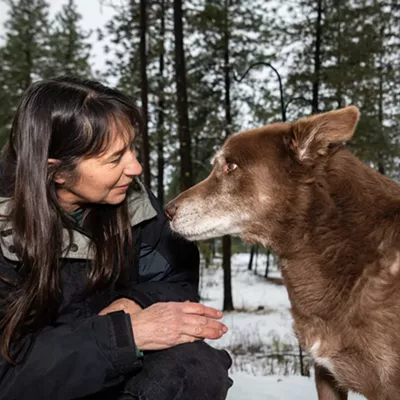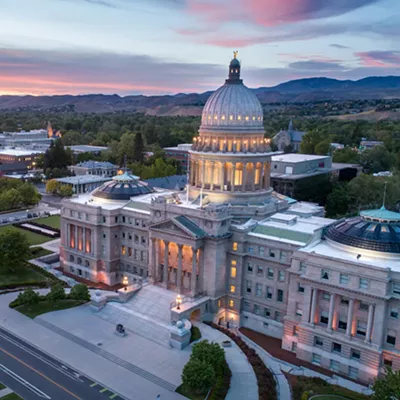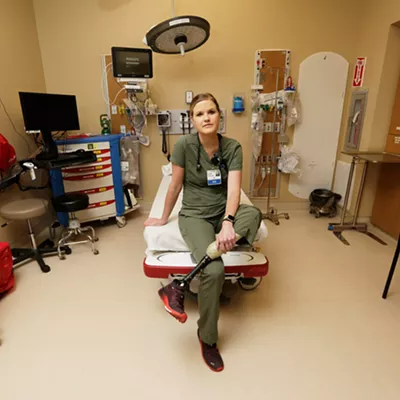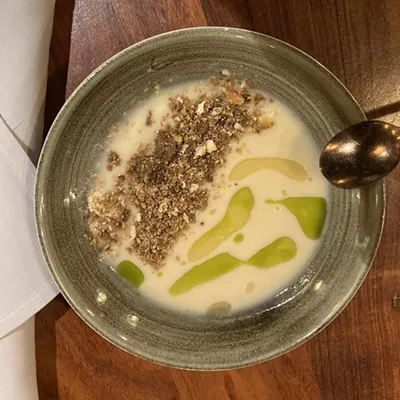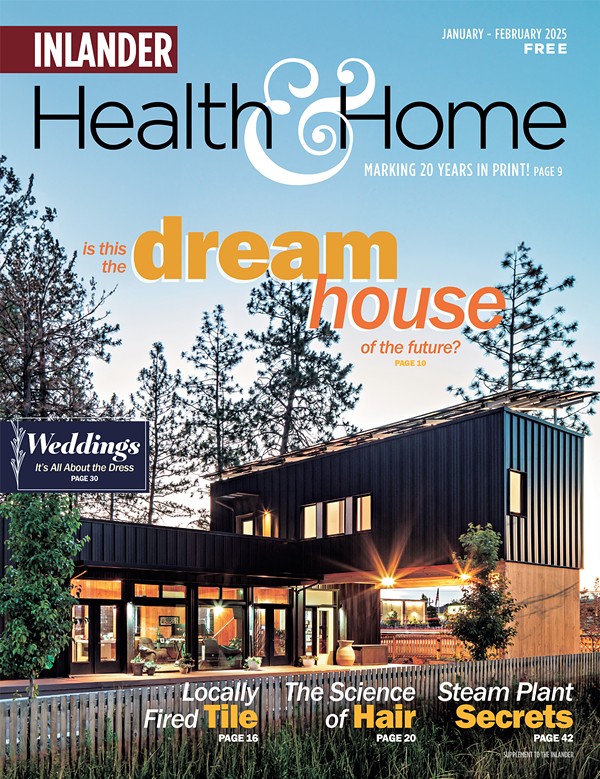In downtown Spokane, incidents reported to police involving alcohol have increased 64% over the last three years, despite overall crime rates in the area decreasing.
With this in mind, Mayor Lisa Brown and her team proposed a city ordinance the day after Christmas to reestablish an "alcohol impact area" in the downtown police precinct. The administration recommends prohibiting off-premises retailers within that zone, including 17 convenience and grocery stores that are licensed to sell single-serve alcohol or liquor containers, from selling any alcohol after midnight.
It's already illegal for these retailers to sell alcohol from 2 am to 6 am under state law. If the alcohol impact area is approved, the city's first request would be to make the curfew within the zone two hours earlier.
According to the city, Spokane police data shows that 30% of all alcohol-related incidents downtown happen between midnight and 2 am. The number of incidents drops significantly after alcohol sales are prohibited.
Additionally, offenses involving alcohol within 1,000 feet of 10 alcohol retailers downtown, including P M Jacoy's, Downtown Quick Stop 1 & 2, and Grocery Outlet, have all increased in the last three years.
When the University of Minnesota's School of Public Health did a study of alcohol impact areas in Spokane and Tacoma, researchers found that the special zones were strongly associated with a reduction in narcotic drug violations and assaults.
The Spokane City Council was briefed on the ordinance during the Public Safety and Community Health Committee meeting on Monday, and the council could vote on it in early February.
If the ordinance passes, the city will first ask licensees to voluntarily participate in the restrictions, or similar ones, for six months. If there is no proof of progress, then the city can ask the state Liquor and Cannabis Board, or LCB, to make the conditions permanent and enforceable, city spokeswoman Erin Hut says.
The area between Interstate 90 and the river, from Sherman Street to High Bridge Park, was first designated an alcohol impact area by LCB in 2010. There was also a mandatory alcohol impact area in the East Central neighborhood, and briefly, a voluntary alcohol impact area in West Central that was revoked within a year due to neighborhood pushback.
The mandatory alcohol impact areas lost their designations in 2022, when Spokane reorganized its criminal code. The City Council voted unanimously at the time to simplify the municipal criminal code by referring exclusively to the state code. But upon doing so, all local criminal codes, which included the alcohol impact areas, were lost, says Adam McDaniel, the city's lead policy adviser.
The city has worked closely with the Downtown Spokane Partnership, or DSP, in deciding whether or not to renew the impact area.
"My team was documenting and gathering some information in order to support the position that we wanted this to be re-implemented," says Paul Lower, vice president of DSP's Safe & Clean Programs. He oversees the downtown ambassadors and Clean Team, which recorded more than 50 single-serve containers littering downtown sidewalks over the last 30 days.
"Much of what's downtown are what we would call large cans of high-octane beer," Lower says. "It's got a much higher alcohol content than a standard beer, so drinking one of those you can get pretty drunk."
Previous alcohol impact areas have banned specific products, but this proposal is different, McDaniel says. Even though high alcohol by volume beers are common, the city and DSP say they see all kinds of single-serve products flooding downtown, which is why they want to limit alcohol sales in general.
They hope that the ordinance will both decrease the number of alcohol-related incidents and the amount of litter downtown. ♦





